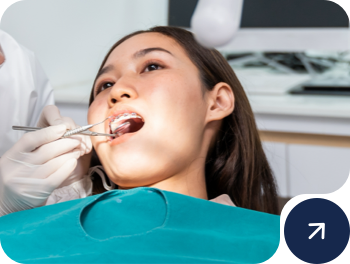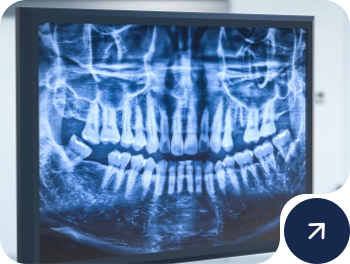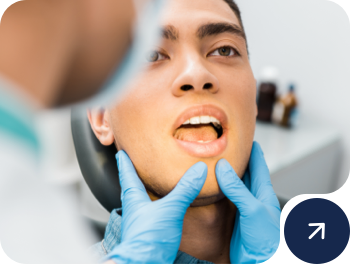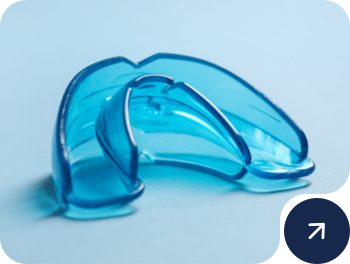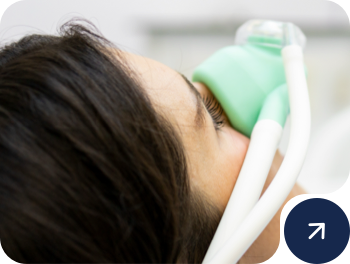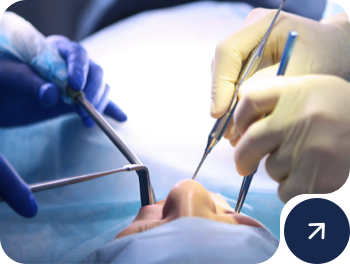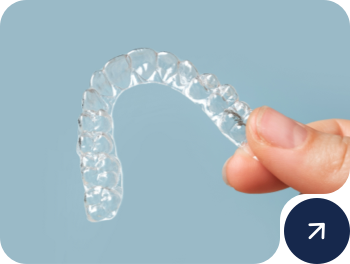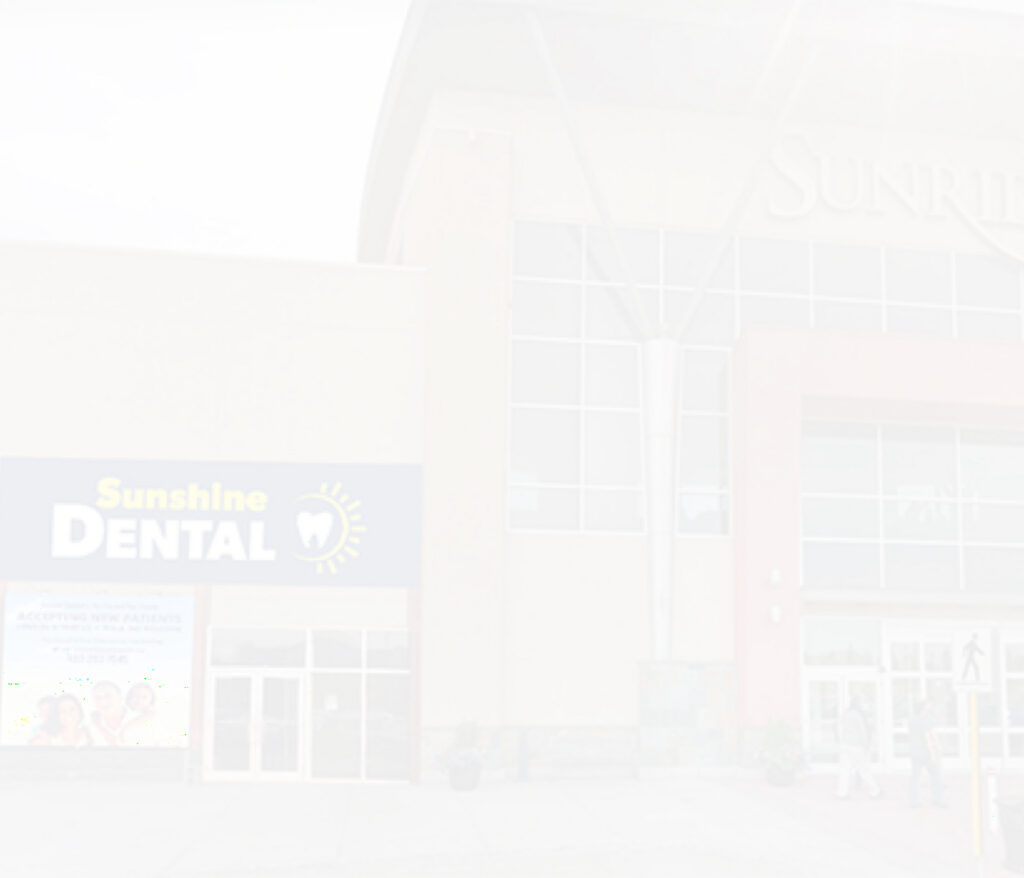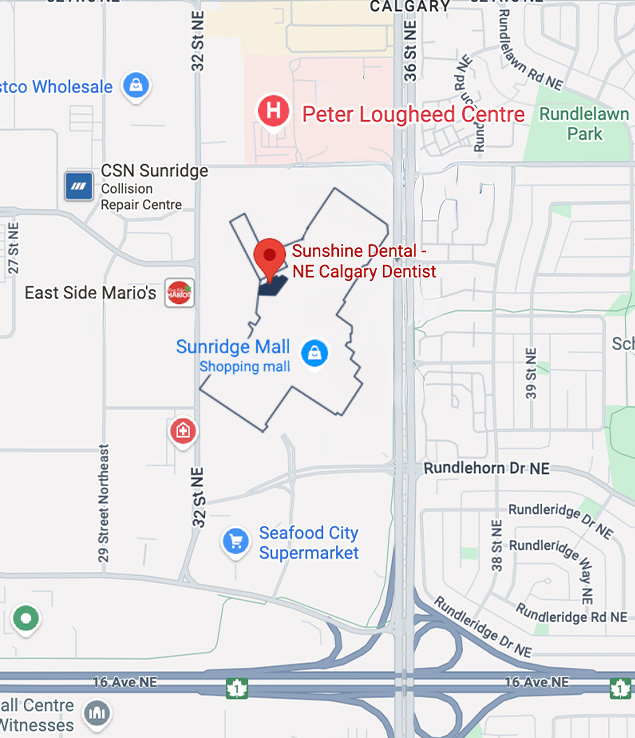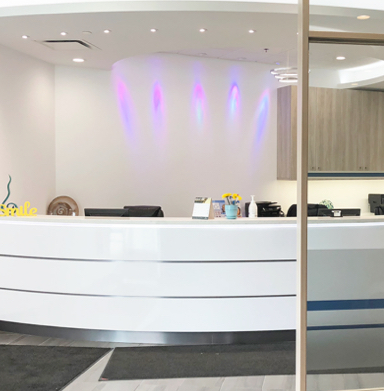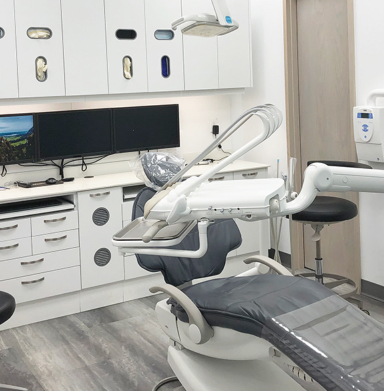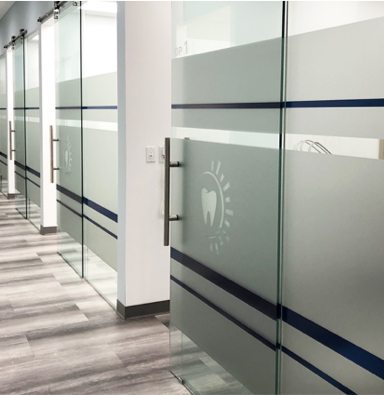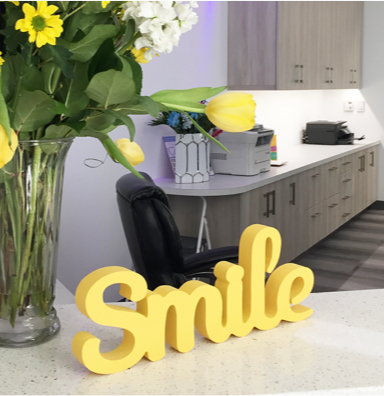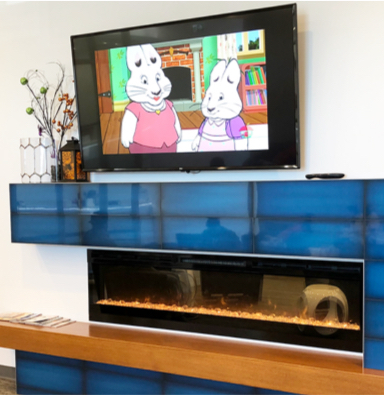
These days, having your wisdom teeth extracted has become standard practice, for a lot of great reasons! Sometimes considered a wild card of a tooth, it’s easy for these molars to become problematic. This is why dentists would rather pull them out before they become an issue.
Depending on your teeth, their direction, and the space left for them in your mouth it may be essential that you have them removed. This process can be intimidating, however, the truth behind wisdom tooth extraction is that it is much more routine than you might expect, and can be a relatively comfortable and pain-free procedure.
What Are Your Wisdom Teeth?
Surrounded by myth and anthropological speculation, these molars are just that – molars. Properly called third molars, they are the last of your teeth to erupt from your gums. While some get their wisdom teeth in their 30s and some may never have their wisdom teeth grow in at all, it’s typical that your 3rd molars will arrive between 17 and 25 years of age.
When Wisdom Tooth Removal Isn’t Needed
For those who have space for it, wisdom teeth can grow in perfectly happily. As long as they are coming in straight and are not going to crowd your other teeth you could be the proud owner of a few more brand new molars.
When You Do Have To Have Your Wisdom Teeth Removed
Wisdom teeth can be cantankerous additions to your gum line. If they are misaligned or impacted, these molars are likely to cause pain or even infection. If you are getting headaches, jaw aches, or having trouble opening your mouth entirely it may be a good idea to visit a dentist for their opinion on your situation.
Signs You Should Get Your Wisdom Teeth Checked by your Dentist:
- Pain at the tooth site
- A partially erupted wisdom tooth has a cavity
- Cysts (this necessitates a dentist’s diagnosis)
- Swollen, red, tender or bleeding gums
- Swelling along the jaw
- Infection of the gums
- Damage to other teeth
- Bad breath
- An unpleasant taste around the tooth
- Food becoming trapped behind the tooth
- Headache or jaw ache
- Pain associated with opening your mouth
- Occasional swollen lymph nodes
Side Effects Of Ignoring Your Wisdom Teeth
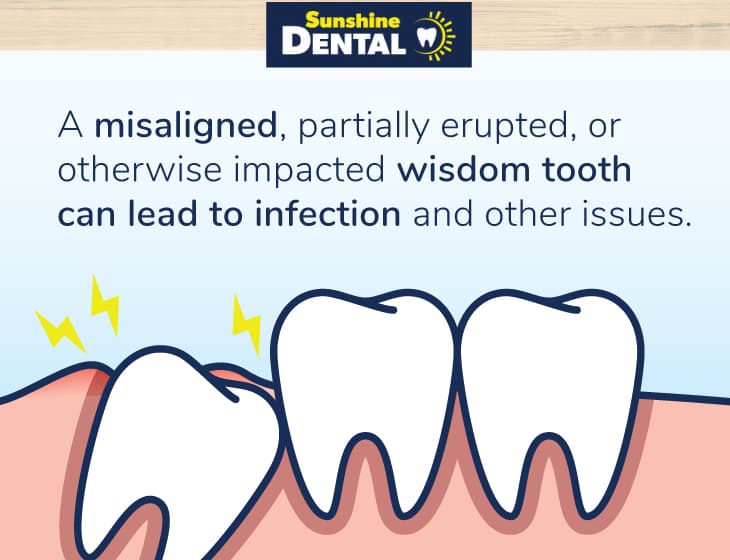
While it may seem easier to “just forget about it” than to book an extraction, the problems you could face may make you regret that decision.
- Crooked Teeth: a wisdom tooth that comes in malaligned has the ability to throw off your natural bite alignment of the rest of your teeth.
- Infection: A partially erupted wisdom tooth is susceptible to infection known as pericoronitis. This type of infection is painful and can lead to further problems.
- Cysts: A non-erupted wisdom tooth can develop a cyst along the jawline. This type of cyst can damage the bone in your jaw, as well as gum tissue.
Getting Your Wisdom Teeth Taken Out – It’s the Wise Choice!
All puns aside, having your third molars removed is a very standard experience for young adults. The procedure may be done by your own dentist or you may be referred to an oral surgeon. You will have a chance to talk to your dentist about all your concerns or fears before the surgery, ensuring you feel as confident about the extraction as you can.
The actual surgery should take about 45 minutes. Thanks to freezing or general anesthetic you won’t feel a thing. When the tooth (or teeth) are gone, you will have a few dissolvable stitches in your gums and lots of gauze pads in your mouth. We suggest you plan for someone else to give you a ride home.
How to Care for Your Extracted Teeth
After surgery, it’s important you take care of the extraction site. Use ice to reduce swelling and moist heat to curb jaw pain. Eat soft food and stay hydrated. Drink lots of fluids, just remember to avoid straws as they can dislodge the blood clots that are helping you heal.
We’re Here to Help
Wisdom tooth healing time is different for everyone. Some people may be back at their normal life in a couple days, others need a week or more to be at their best. If at any time you feel that your tooth is not healing right, come back to visit us. We can check up on how you’re doing and ensure you are on your way to a healthy mouth!


